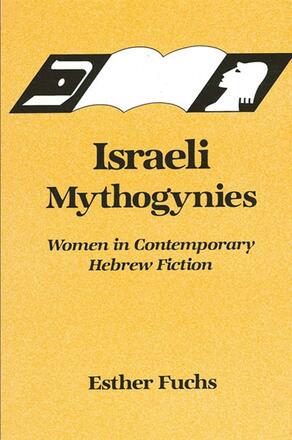
Israeli Mythogynies
Women in Contemporary Hebrew Fiction
Alternative formats available from:
Description
This book is the first to systematically examine the representation of women by mainstream Hebrew authors from the Palmah Generation to the New Wave. Fuchs' unique analytical method exposes the male-centered bias which often inspires the works of such prominent and widely translated authors as S. Yizhar, Moshe Shamir, A. B. Yehoshua and Amos Oz. She exposes both the continuities and the transformations in the literary representations of women and explains them in innovative ways, grounded in aesthetic, social, political, and cultural conditions and ideologies.
The bold and unexpected discoveries offered by this book illuminate the complex ways in which Israel's political predicaments, for example, affect the representation of women, as well as the various ways in which Israeli literature uses female images to express the anxiety and frustration arising from these predicaments. This pioneering study will be invaluable to feminist literary critics, scholars, and teachers and students of modern Hebrew literature.
Esther Fuchs is Associate Professor of Hebrew Language and Literature in the Department of Oriental Studies at the University of Arizona, Tuscon.
Reviews
"What I like most about this book is the new perspective on the subject. The topic is indeed central to the study of modern Hebrew literature because it supplies a perspective that is absent in contemporary criticism of Israeli fiction, demonstrates a serious imbalance in fiction and criticism alike, and presents a challenge to which writers and critics must respond. " — Miri Amihai, Cornell University